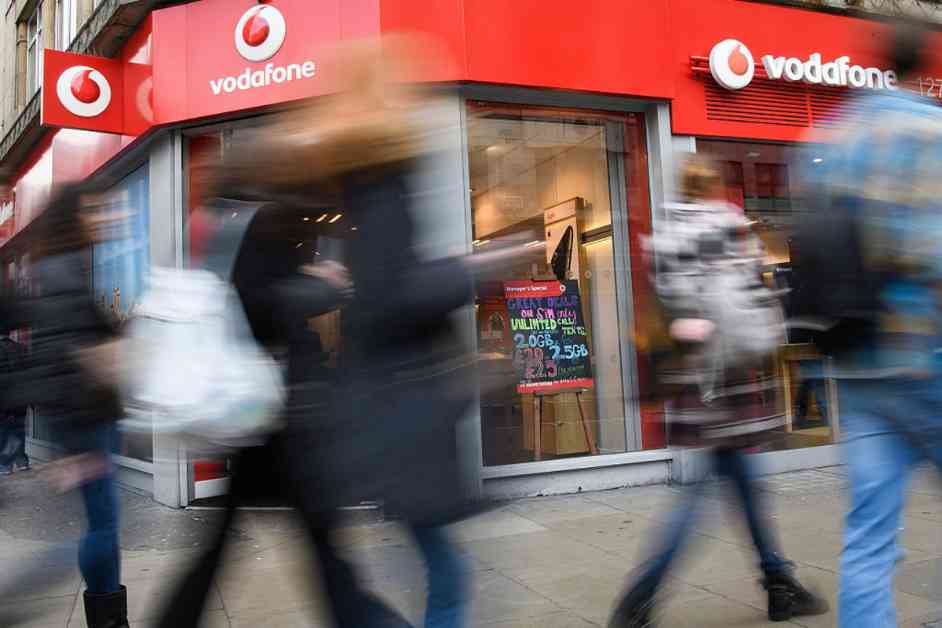Vodafone and Three’s planned merger has hit a roadblock as the Competition and Markets Authority (CMA) has decided to extend its investigation into the deal. The CMA is concerned that the merger could result in reduced competition in the telecommunications market, ultimately leading to higher prices for consumers.
The merger between Vodafone and Three, two of the UK’s largest mobile network operators, was announced last year. The deal was expected to create a stronger competitor to market leaders EE and O2, but the CMA’s investigation has raised doubts about the potential benefits of the merger.
The CMA has stated that it needs more time to assess the potential impact of the merger on competition in the market. The regulator is particularly concerned about the possibility of reduced choice and higher prices for consumers if the merger goes ahead.
Both Vodafone and Three have expressed disappointment at the delay caused by the CMA’s extended probe. They have argued that the merger would allow them to invest more in their networks and provide better services to customers. However, the CMA remains focused on protecting competition in the telecommunications market and ensuring that consumers continue to have access to affordable and high-quality services.
The delay in the merger has also raised questions about the future of the telecommunications market in the UK. With the CMA taking a tough stance on mergers that could reduce competition, other potential deals in the industry may face similar scrutiny in the future.
Overall, the CMA’s decision to extend its probe into the Vodafone-Three merger reflects its commitment to promoting competition and protecting consumer interests in the telecommunications market. While the delay may be frustrating for the companies involved, it is ultimately in the best interest of consumers to ensure that they continue to have access to affordable and high-quality services.












